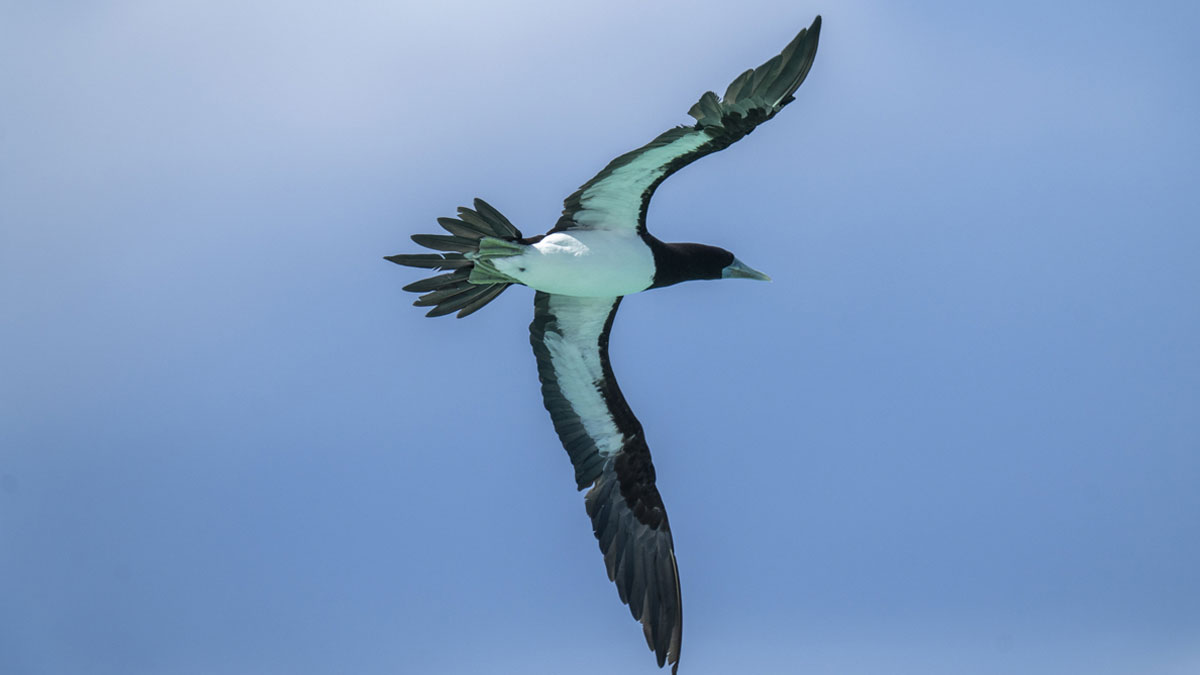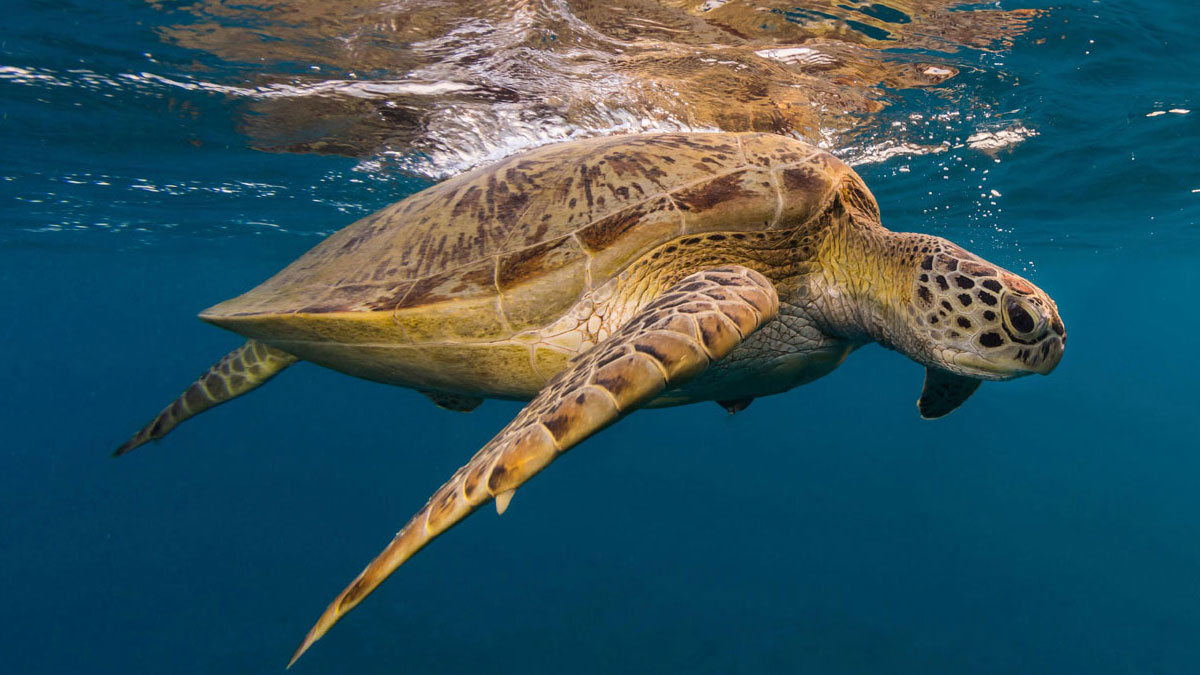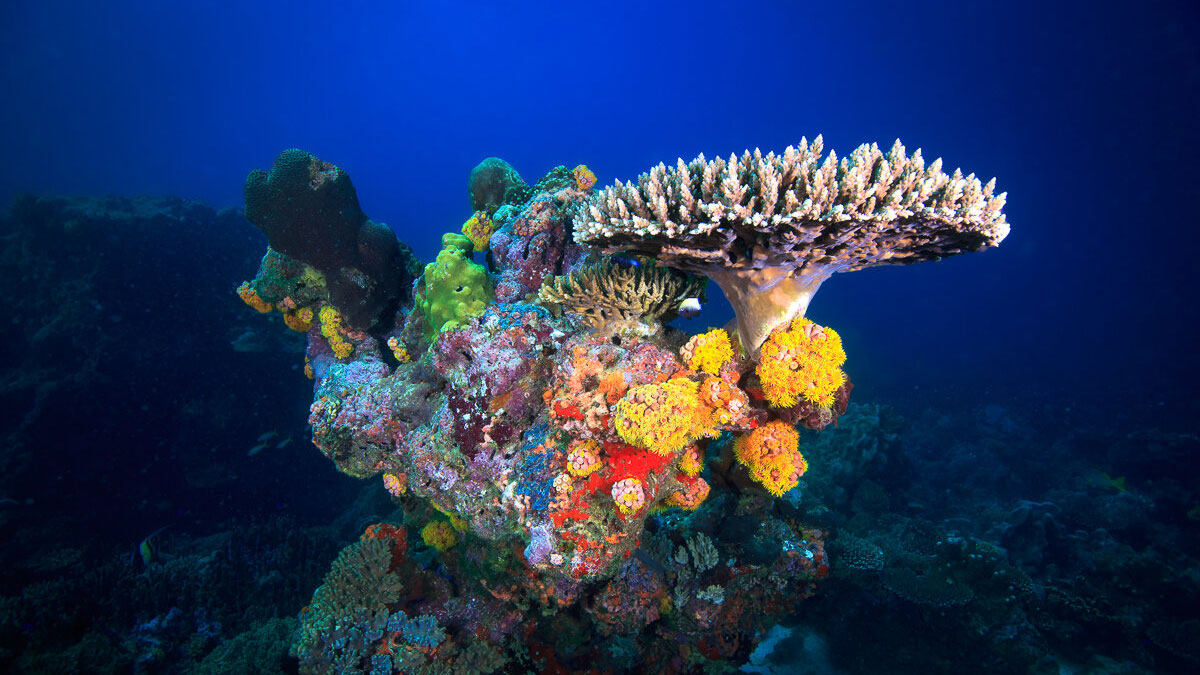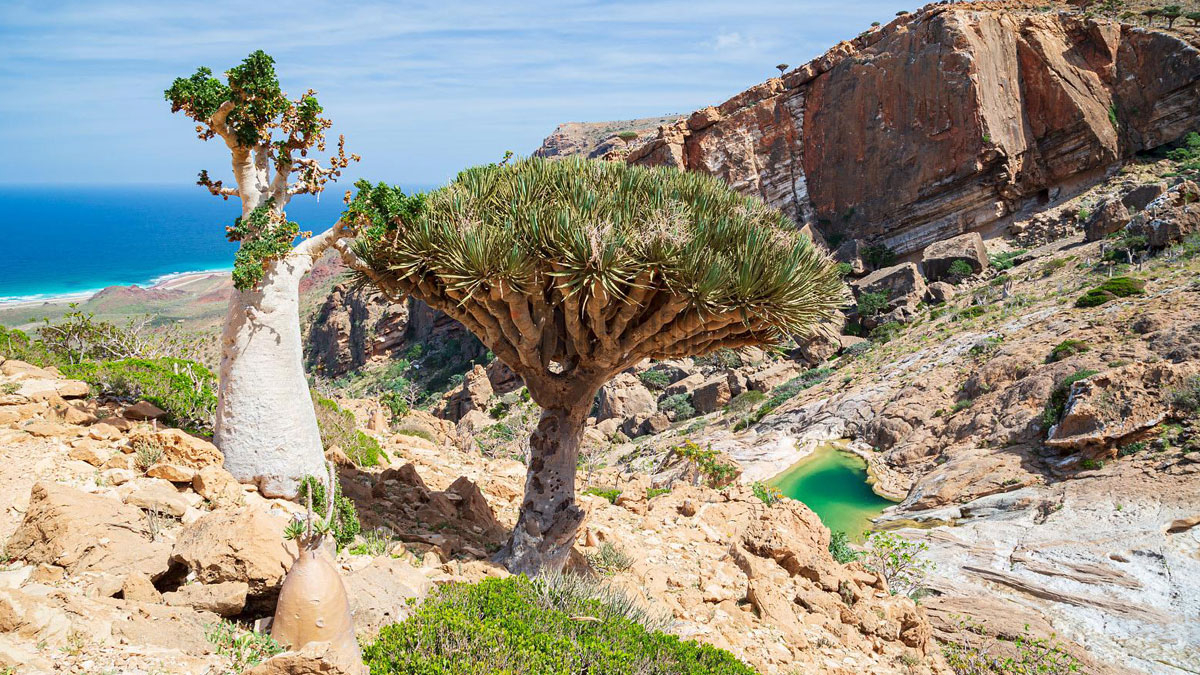Introduction
The Marine Life of Socotra Island, nestled in the Indian Ocean, is a UNESCO World Heritage site known for its unique biodiversity. Its marine environment is teeming with fascinating species, making it a haven for divers, researchers, and nature enthusiasts.
Coral Reefs
Socotra boasts 253 species of reef-building corals, forming intricate underwater ecosystems. These corals provide shelter, breeding grounds, and feeding areas for a plethora of marine organisms. The vibrant colors and shapes of the corals create a mesmerizing underwater landscape.
Coastal Fish
The coastal waters around Socotra are home to 730 species of fish. From colorful parrotfish to magnificent grouper fish, the diversity is astounding. Divers can encounter schools of butterflyfish, surgeonfish, and triggerfish, each adapted to their specific niches within the coral reefs.
Crustaceans
Socotra’s marine biodiversity extends beyond fish and corals. The island hosts 300 species of crabs, lobsters, and shrimp. These crustaceans play essential roles in nutrient cycling, scavenging, and maintaining ecosystem balance.

Sea Birds
Socotra supports globally significant populations of sea birds. Among them is the Socotra cormorant (Phalacrocorax nigrogularis), a threatened species that nests on the island’s cliffs. Additionally, Socotra serves as nesting grounds for endangered loggerhead (Caretta caretta) and green (Chelonia mydas) sea turtles.

Conservation and Preservation
Marine areas around Socotra remain less degraded than many other Indian Ocean reefs. The archipelago acts as a vital center for dispersal and replenishment of marine life in the surrounding seas. Efforts to protect this fragile ecosystem are crucial to maintaining its ecological balance.
Conclusion
Socotra Island’s marine life is a testament to a one unique wonder of our oceans. Whether you’re a diver exploring its coral reefs or a conservationist advocating for its preservation, Socotra’s underwater world leaves an indelible mark on all who encounter it.
Remember to explore responsibly, respecting the delicate balance of this unique ecosystem.




